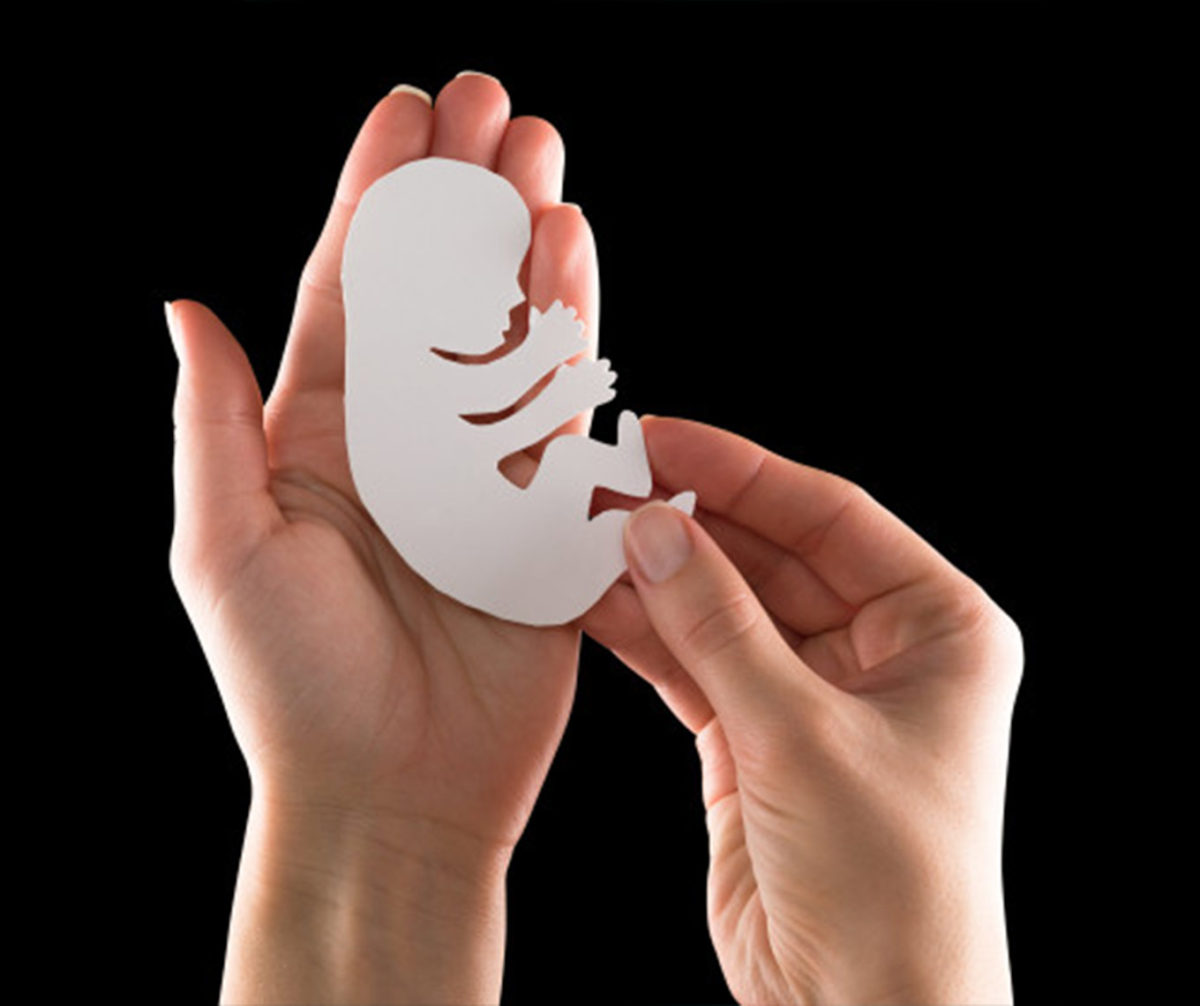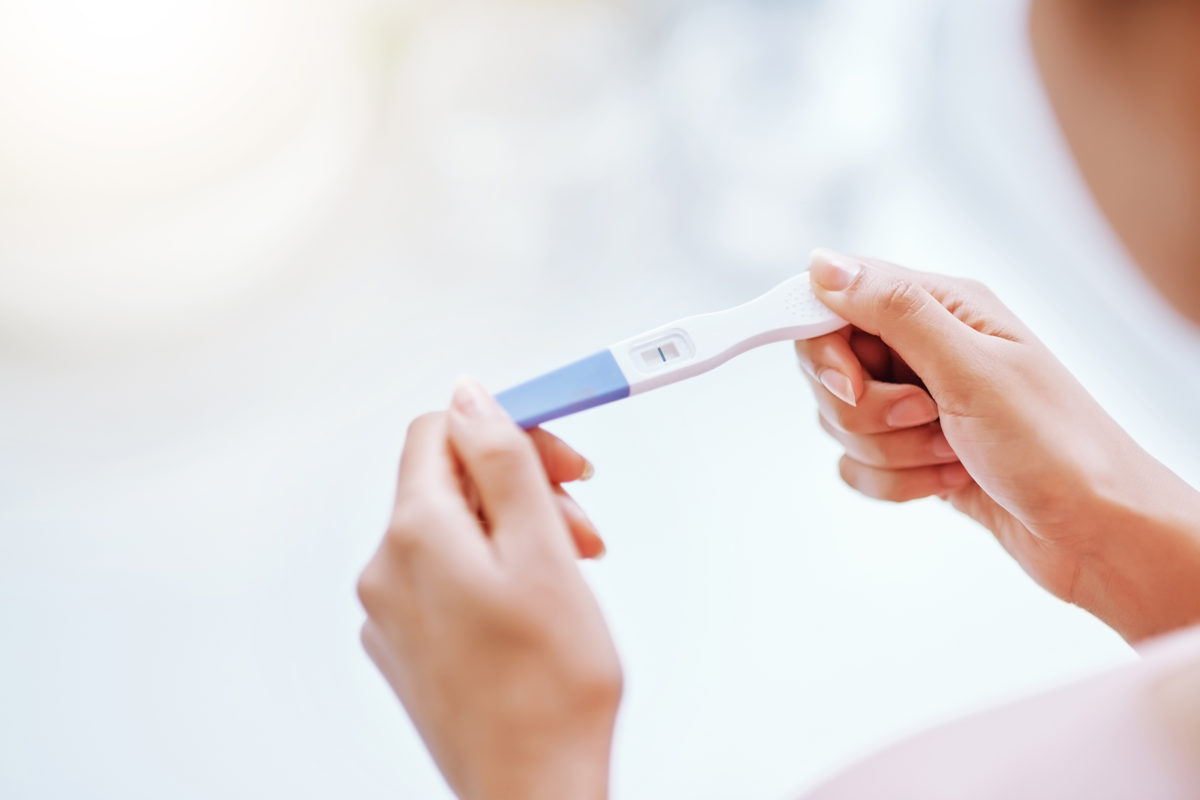Women Fitness got in touch with two experienced and qualified gynaecologists to answer FAQs on Pregnancy termination, options available, risks involved and future pregnancy.
- Dr. Rebecca Levy-Gantt, an Obstetrics & Gynecology Specialist in Napa, CA
- Dr. Kimberly Langdon M.D. is a retired obstetrician/gynaecologist with 19-years of clinical experience.

Physical termination, ways & risks involved?
Dr Rebecca indicates three options available for termination of a pregnancy,
- Via medication: Medication abortions can be done up to about 10 weeks from the last menstrual period. It is done via a combination of medications, Mifepristone, which stops the progression and growth of the pregnancy, followed by Misoprostol, which empties the uterus. If this combination is unsuccessful in emptying the uterus, then the surgical procedure (D&C) may be needed. When a woman tries the medication route, she can expect cramping and progressively heavier bleeding until something looking like a piece of tissue comes out; this looks different than the usual clots and bleeding. After the loss of this piece of tissue the bleeding will normally slow down.
- Via a surgical procedure called a D&C N (dilation and curettage), done prior to 13 weeks, or
- D&E (dilation and evacuation) after 13 weeks.
Talking of risks, Dr Langdon adds “Risks include bleeding, transfusion if bleeding is excessive, incomplete procedure, infection, risk of scarred lining of the uterus and subsequent implantation problems—although rare.”
Hysterectomy may be required(rare) if unable to stop bleeding—in cases of placenta accrete (which is abnormal adherence of the placenta to the uterine wall. Anesthesia risks, etc. Overall, the D and C is safer than carrying a baby full term, she further adds
Is pregnancy termination meant for all females?
No, of course not. It’s a personal/medical choice.
List health circumstances in which doctors’ may suggest an abortion to pregnant women?

It’s very rare to suggest termination says Dr Langdon unless the baby is nonviable, dead, or has a genetic condition incompatible with life.
Some women have serious medical conditions like heart failure, etc that may make carrying a full-term baby risky. Severe diabetes mellitus with kidney failure or vision problems may put the baby and mother at risk.
History of blood clots on birth control pills should be discussed as to the risk of pregnancy related clots although anticoagulation is an option.
Any serious medical condition including cancer may be reasons to terminate a pregnancy
Similar opinion is held by Dr Levy-Gantt “There are some situations where a pregnancy termination would be recommended by a healthcare provider: when the health or life of the woman is at risk from a progressing pregnancy”
Does Abortion affect my periods? What are the possible complications?
No, after the termination, periods should be like the way they had been previously within 3 months. Talking of the possible complications’ Dr Langdon adds, If the D and C is super aggressive, you might get a scarred lining that could make subsequent pregnancies complicated or have trouble getting pregnant.
Can I have an abortion if I’ve had a C-Section for childbirth?
Yes, both agree on the fact that an abortion can be safely performed after women have had cesearean sections.
Is the permission of counterpart essential.
In this country, permission of the significant other is not necessary to perform an abortion. It is a woman’s decision.
Can pills induce abortion? If yes, there success rate?

Dr Kimberly Langdon, a retired obstetrician/gynaecologist with 19-years of clinical experience says “Yes, RU 486 can be used in conjunction with Misoprostol tablets to terminate pregnancies in the first trimester, second trimester and third trimester of pregnancy.”
Talking of success rate, she adds, If Misoprostol is given 24-36 hours after RU 486, 99% success rate for first trimester abortions. Once Misoprostol is given:
- over 50% of patients have terminated the pregnancy in 4 to 6 hours
- 80% terminate the pregnancy by 12 hours and
- 90 to 95% terminate their pregnancy in 24 hours.
- The process has been known to take a week to ten days to complete.
- Cramping can be severe
Signs to know abortion has been successful.
Passage of products of conception, less cramping, no more bleeding or light bleeding.
When can I get pregnant again after an abortion?
After a termination of pregnancy, it is possible to get pregnant the following month as ovulation will return to normal usually within the first 2 to 3 months.
Dr Rebecca Levy-Gantt makes a mention of the controversy about abortion and its effect on mental health. “Statistics have shown that most women do not suffer mental health problems after deciding to terminate a pregnancy. If there is adequate counseling available around the time of the decision to terminate most women recover well and return to productive and healthy lives.”
Wait for at least 2-3 normal periods, adds Langdon.
About the contributors:
- Dr Kimberly Langdon M.D. is a retired obstetrician/gynaecologist with 19-years of clinical experience. Beside obstetrics, she specialized in gynecologic diseases such as menstrual disorders, vaginitis, infertility, menopause, contraception, pelvic pain, sexually transmitted infections, and minimally-invasive surgeries. She is currently a medical advisor at Medzino Health, a digital health company based in Austin, TX. For more, visit https://www.medzino.com/us/
- Dr Rebecca Levy-Gantt, an Obstetrics & Gynecology Specialist in Napa, CA. Author of Womb With A View: Tales From The Delivery, Emergency and Operating Rooms, available on Amazon
Disclaimer
The Content is not intended to be a substitute for professional medical advice, diagnosis, or treatment. Always seek the advice of your physician or other qualified health provider with any questions you may have regarding a medical condition.